2016
Residency
Program
Portland, Oregon
August 1, 2016 to August 31, 2016
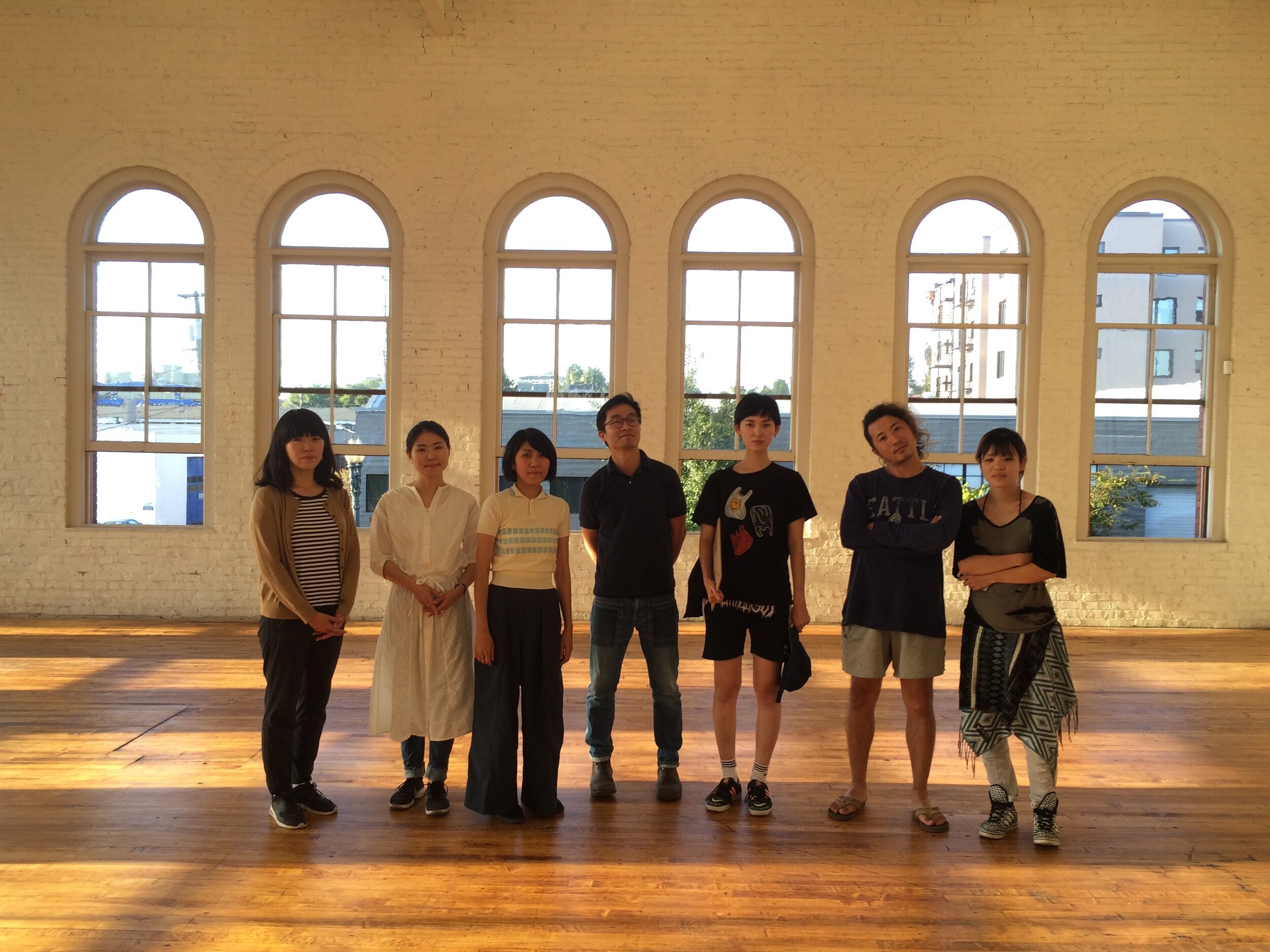
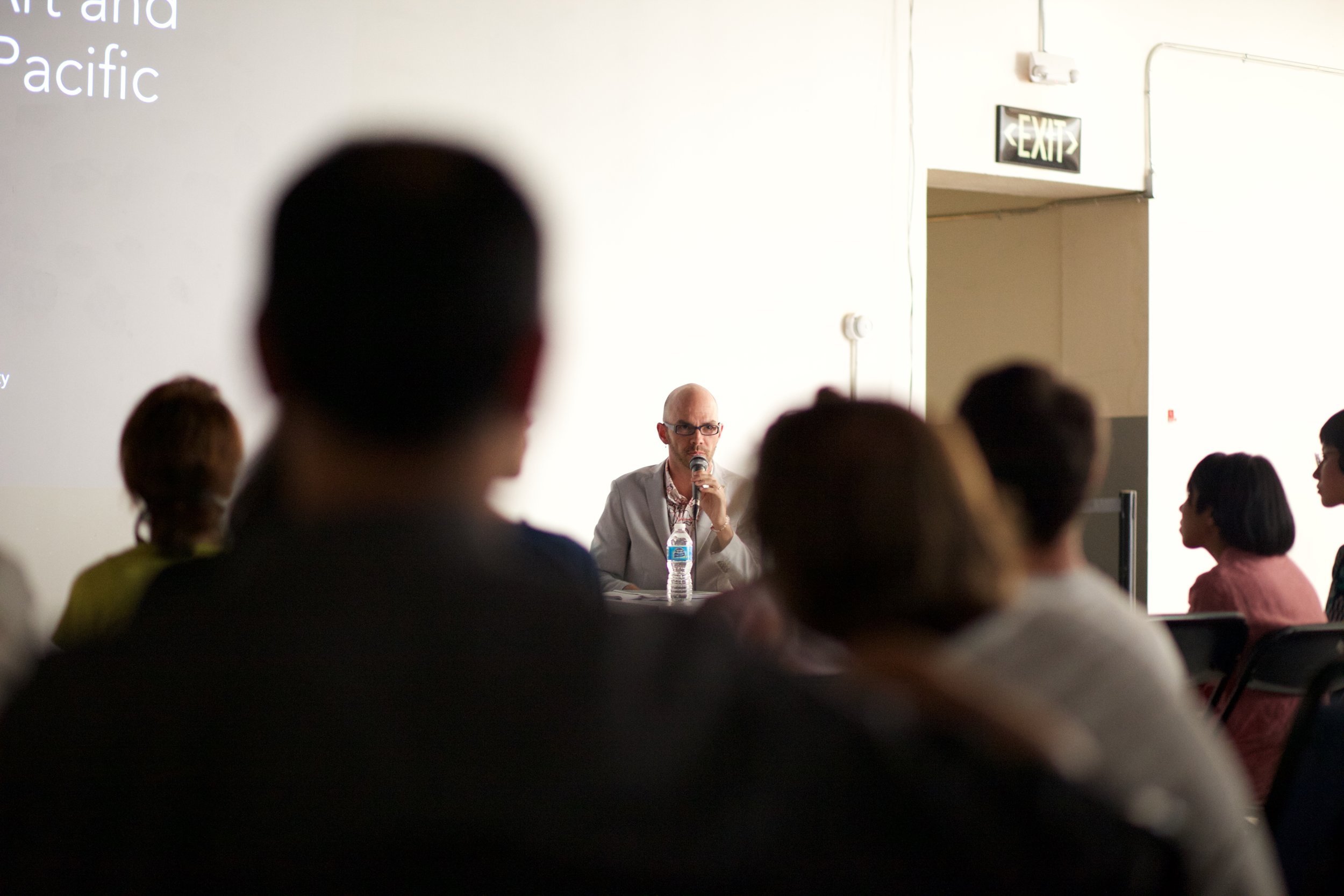
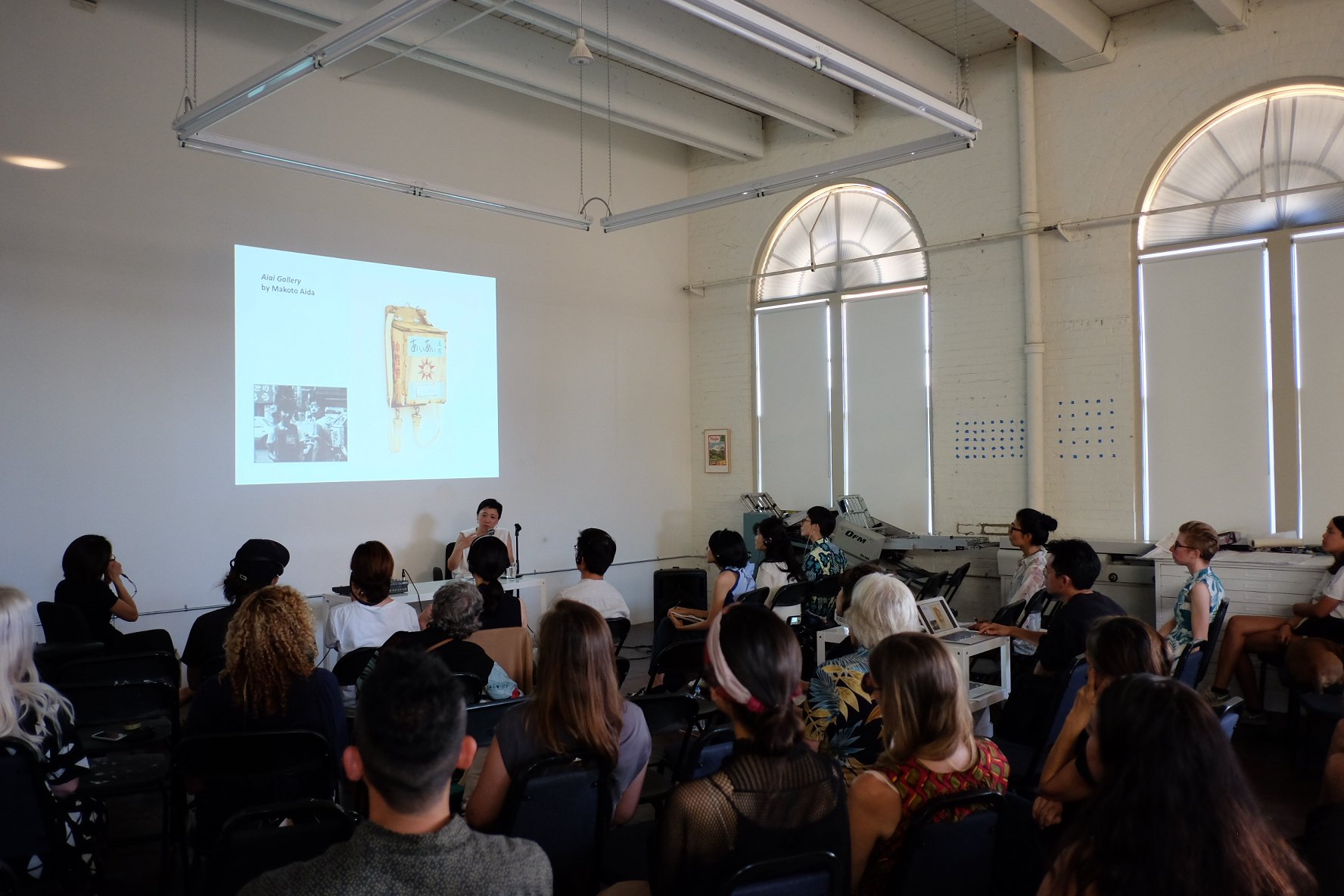



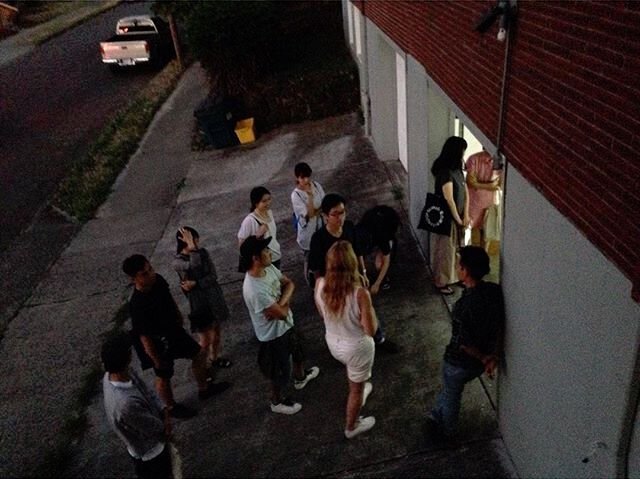
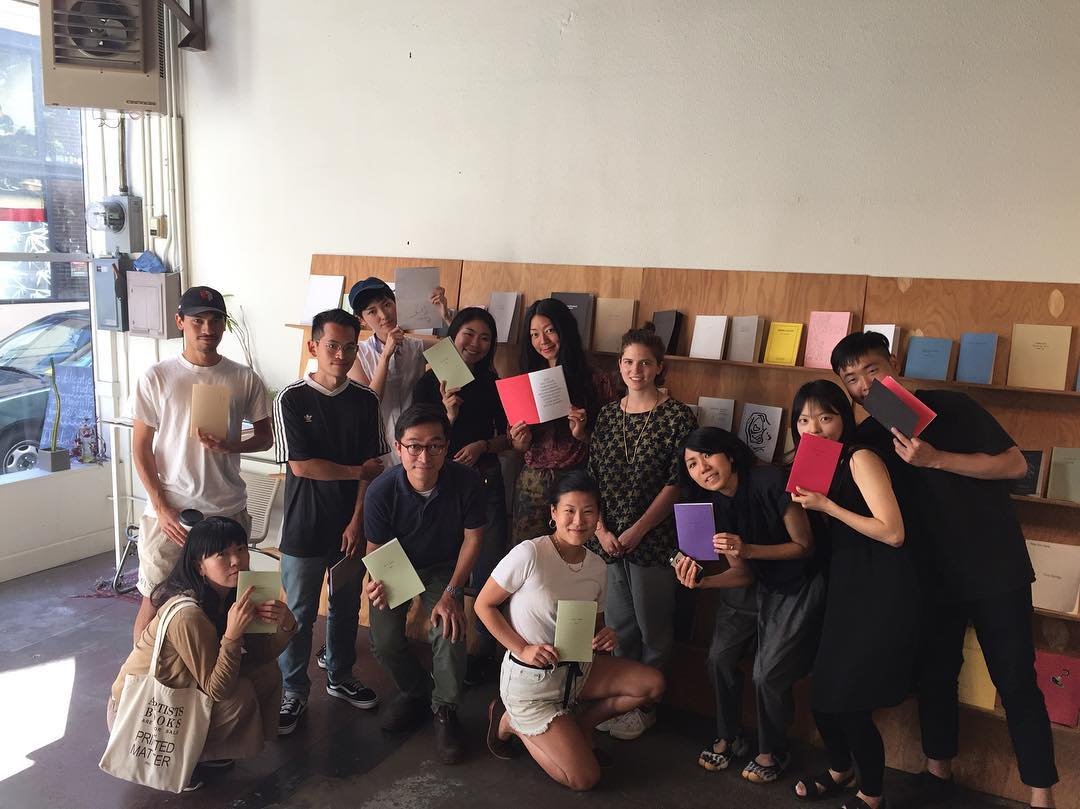
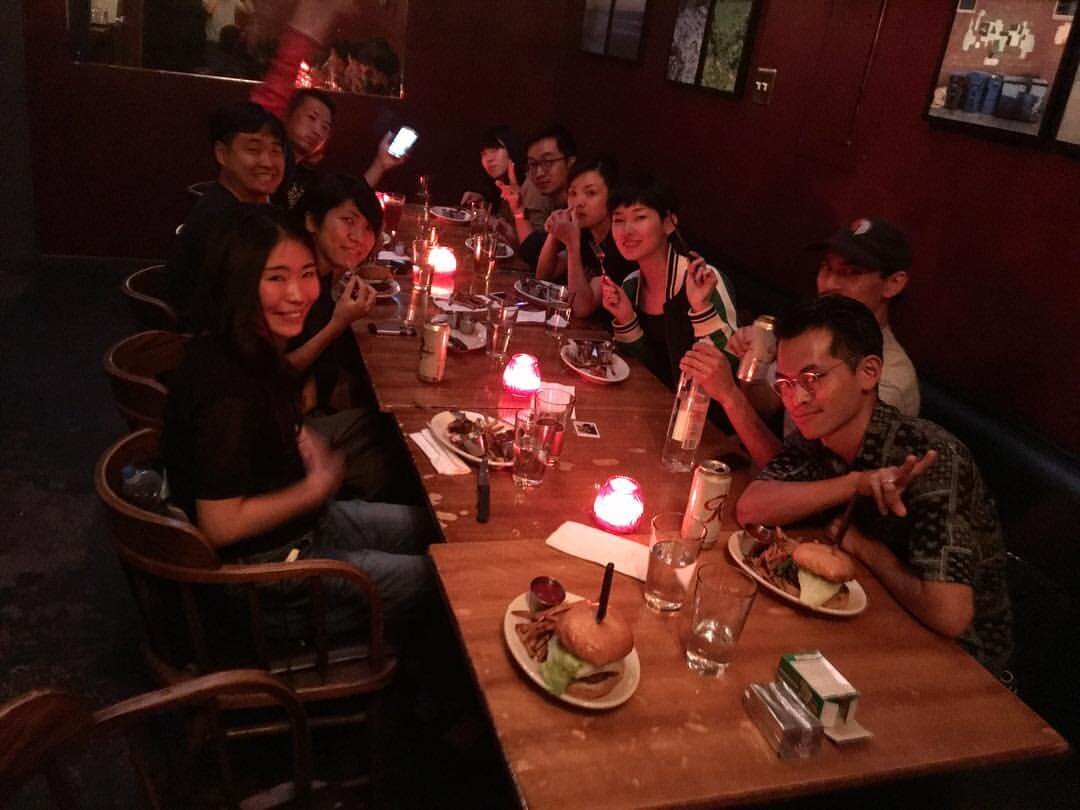

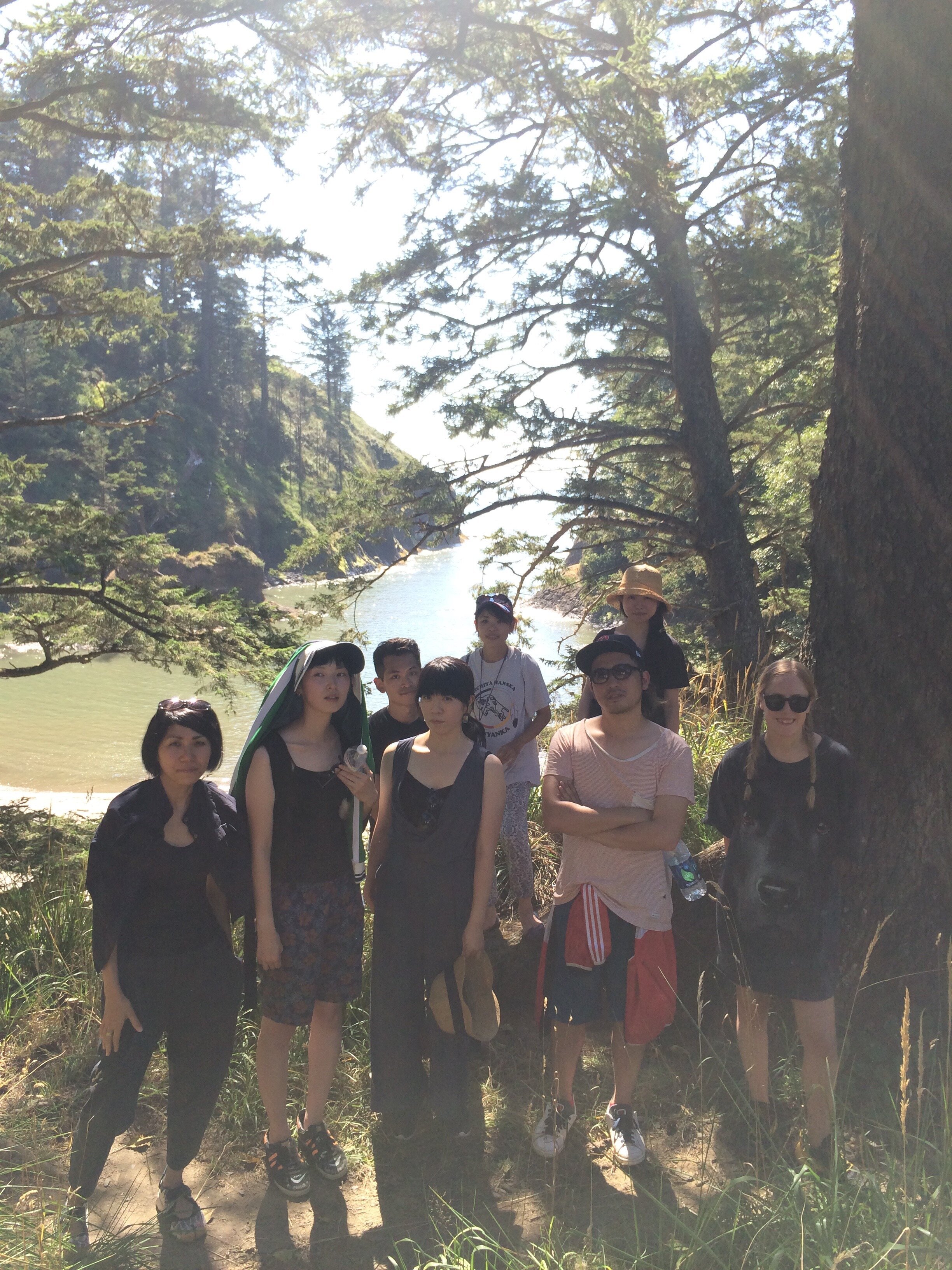
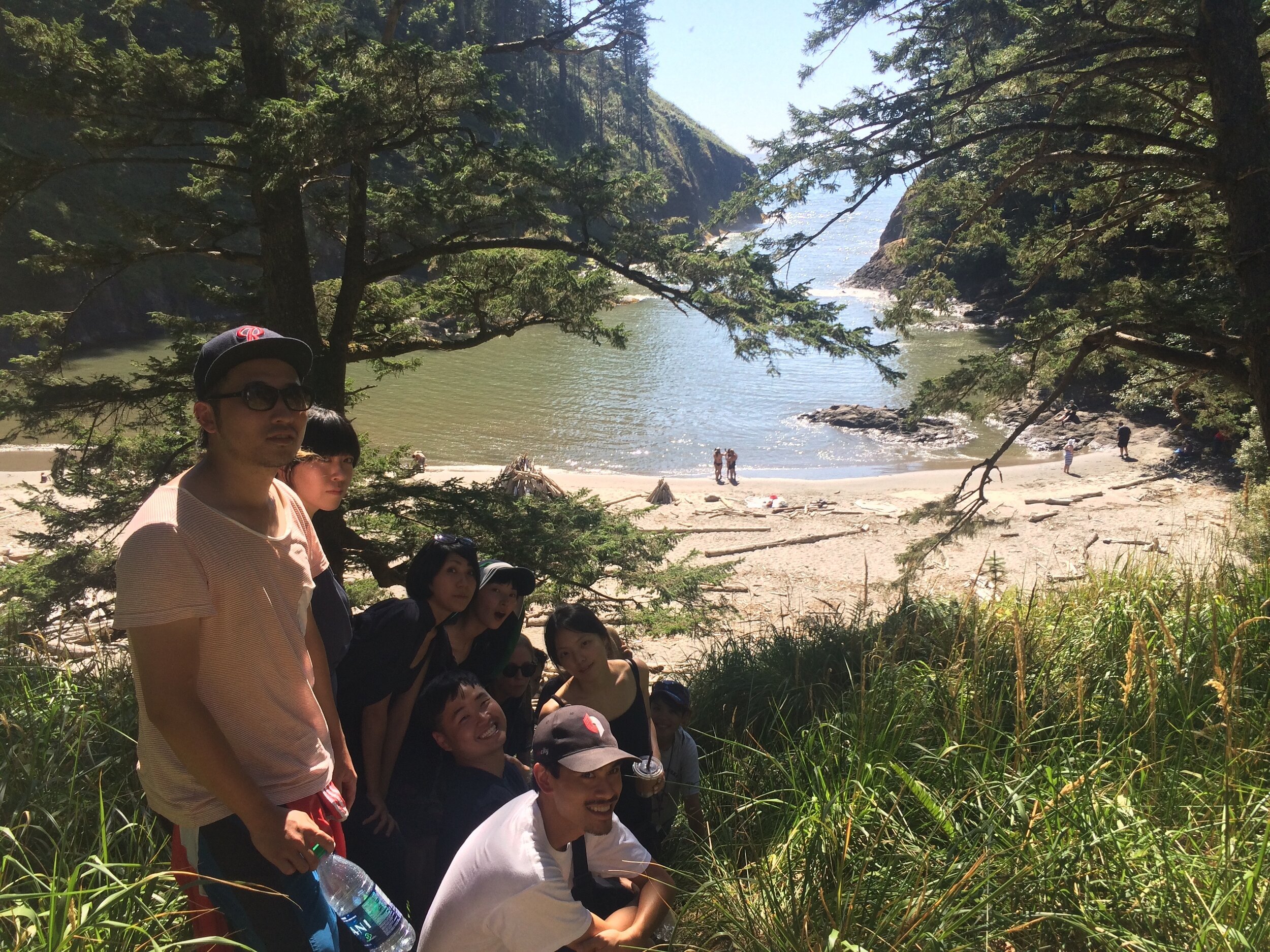






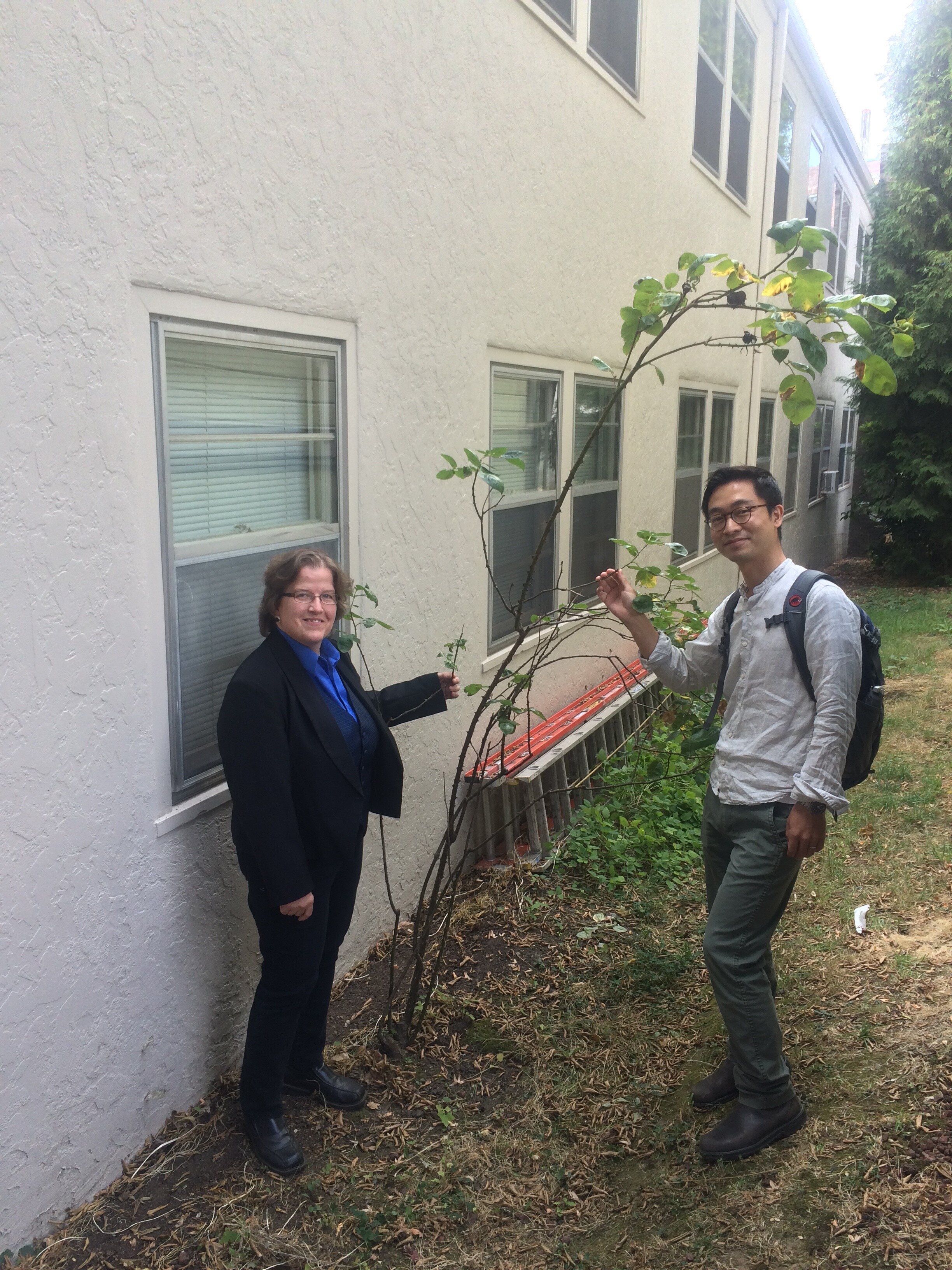
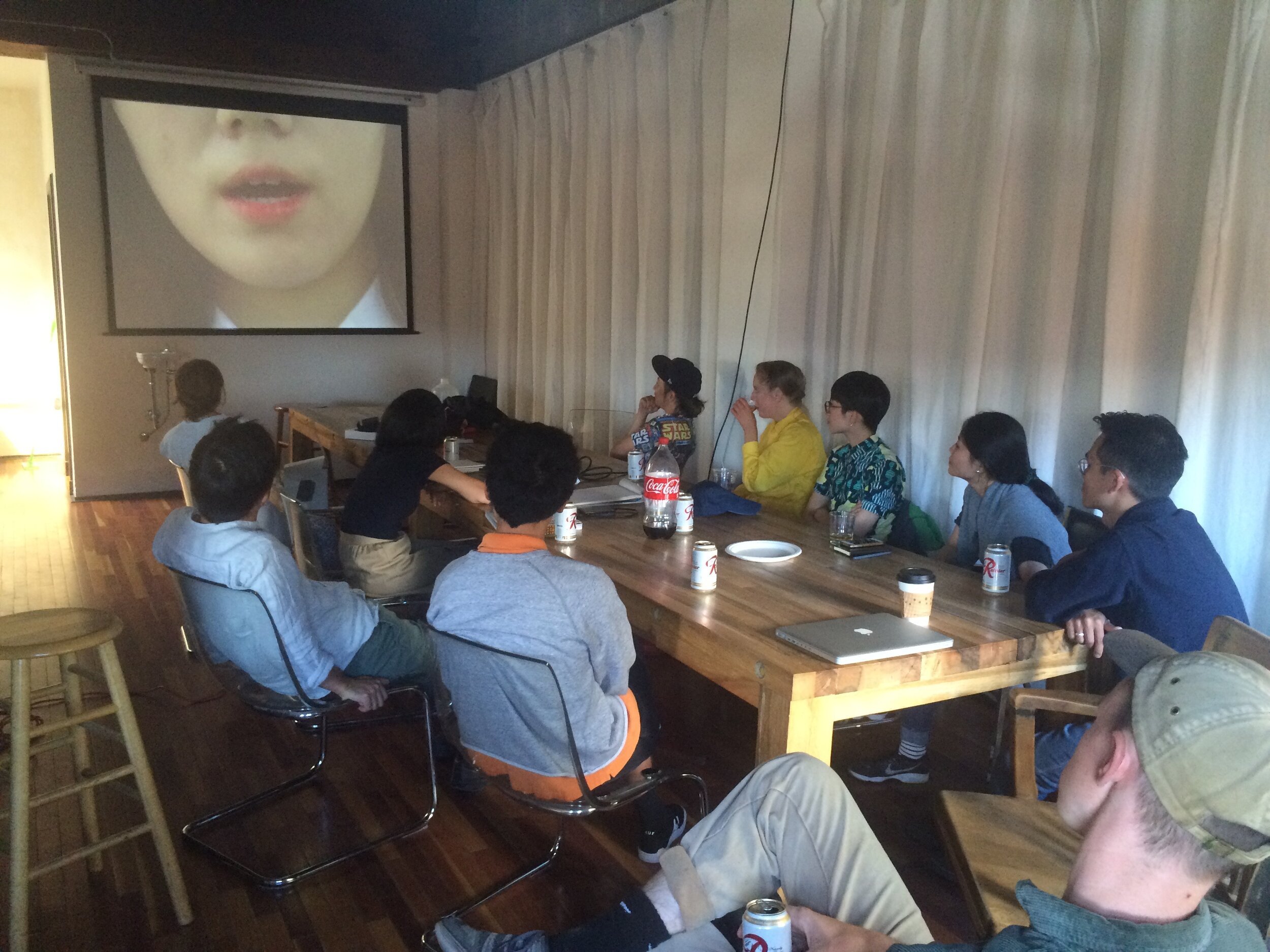
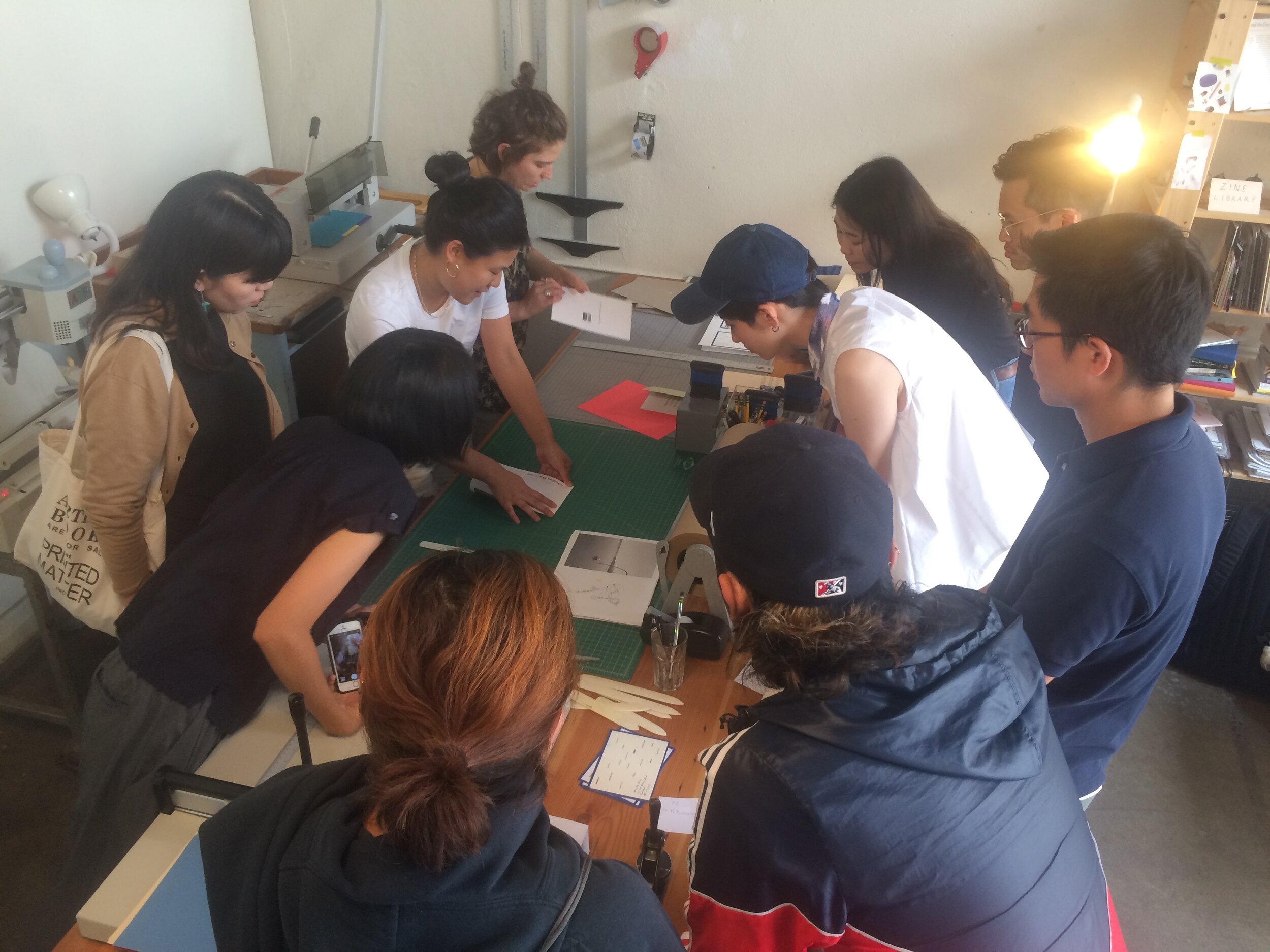



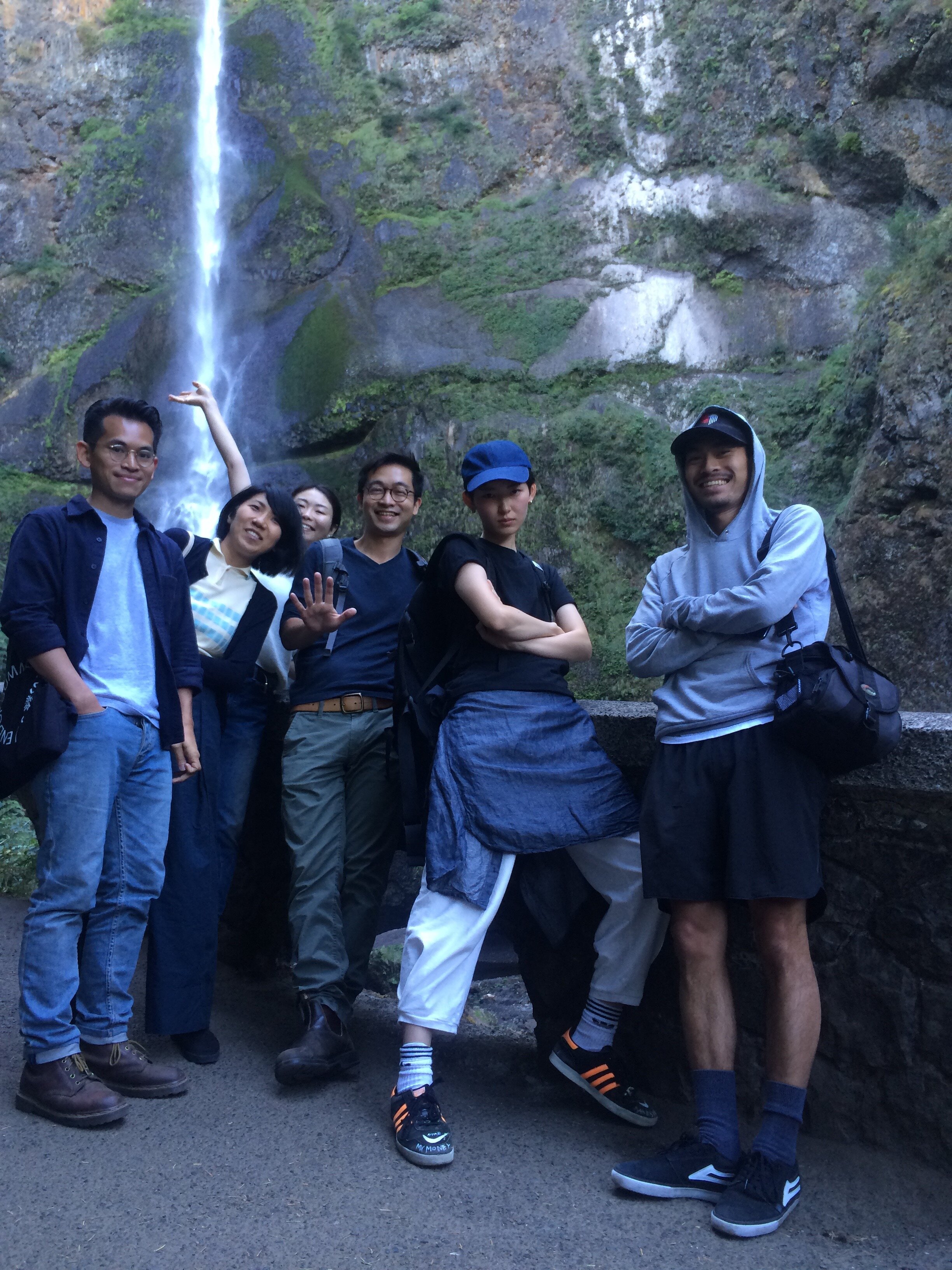
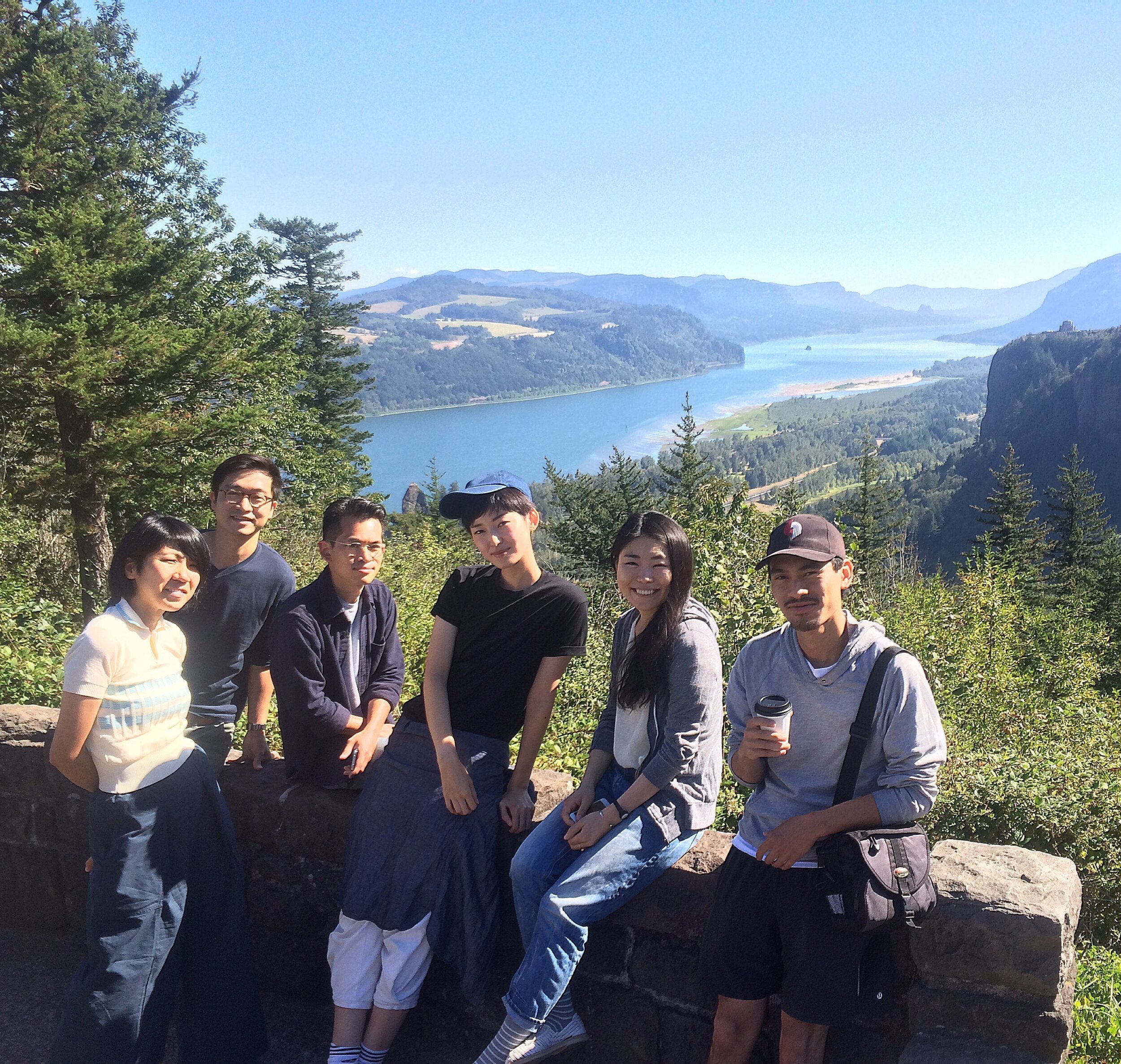
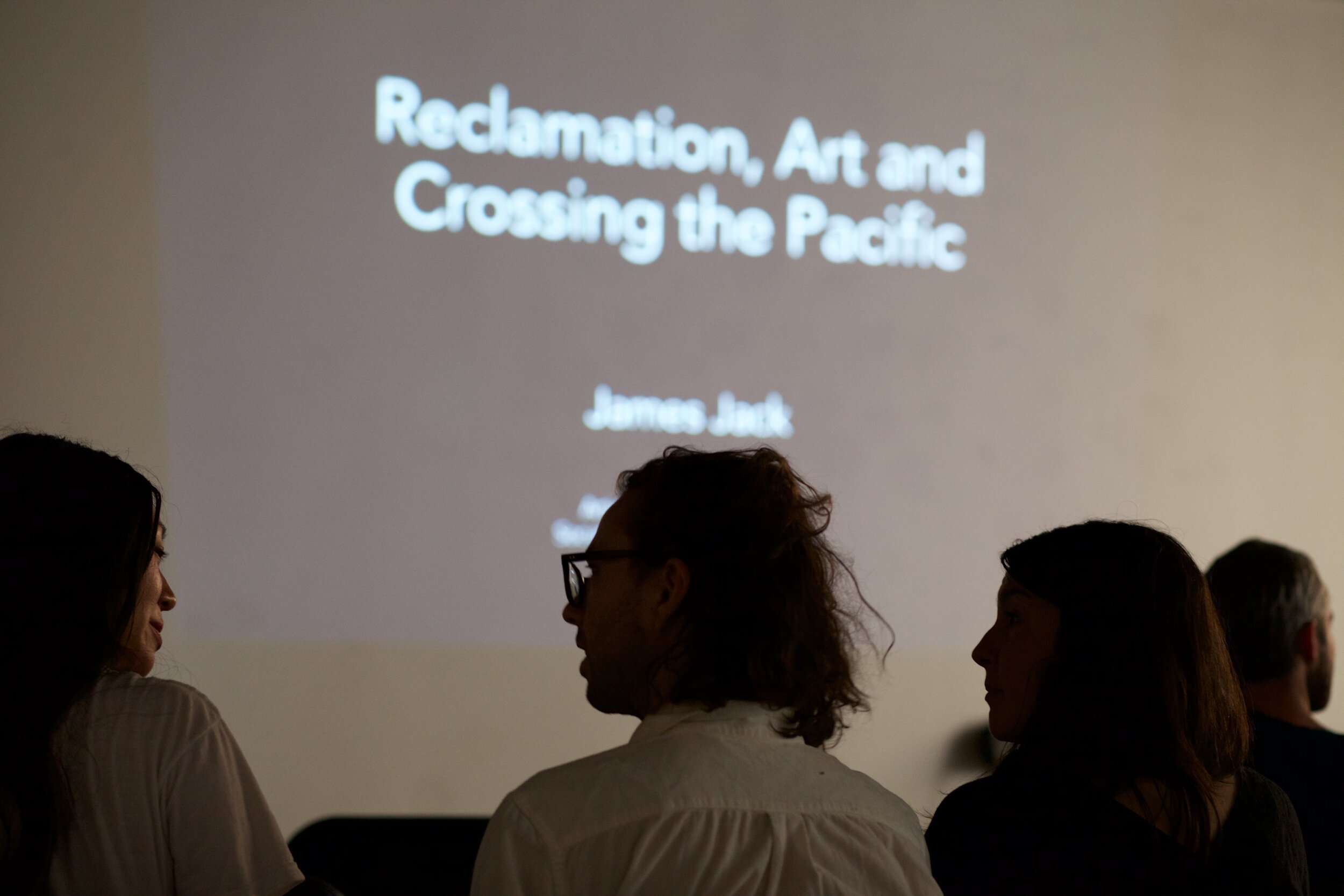
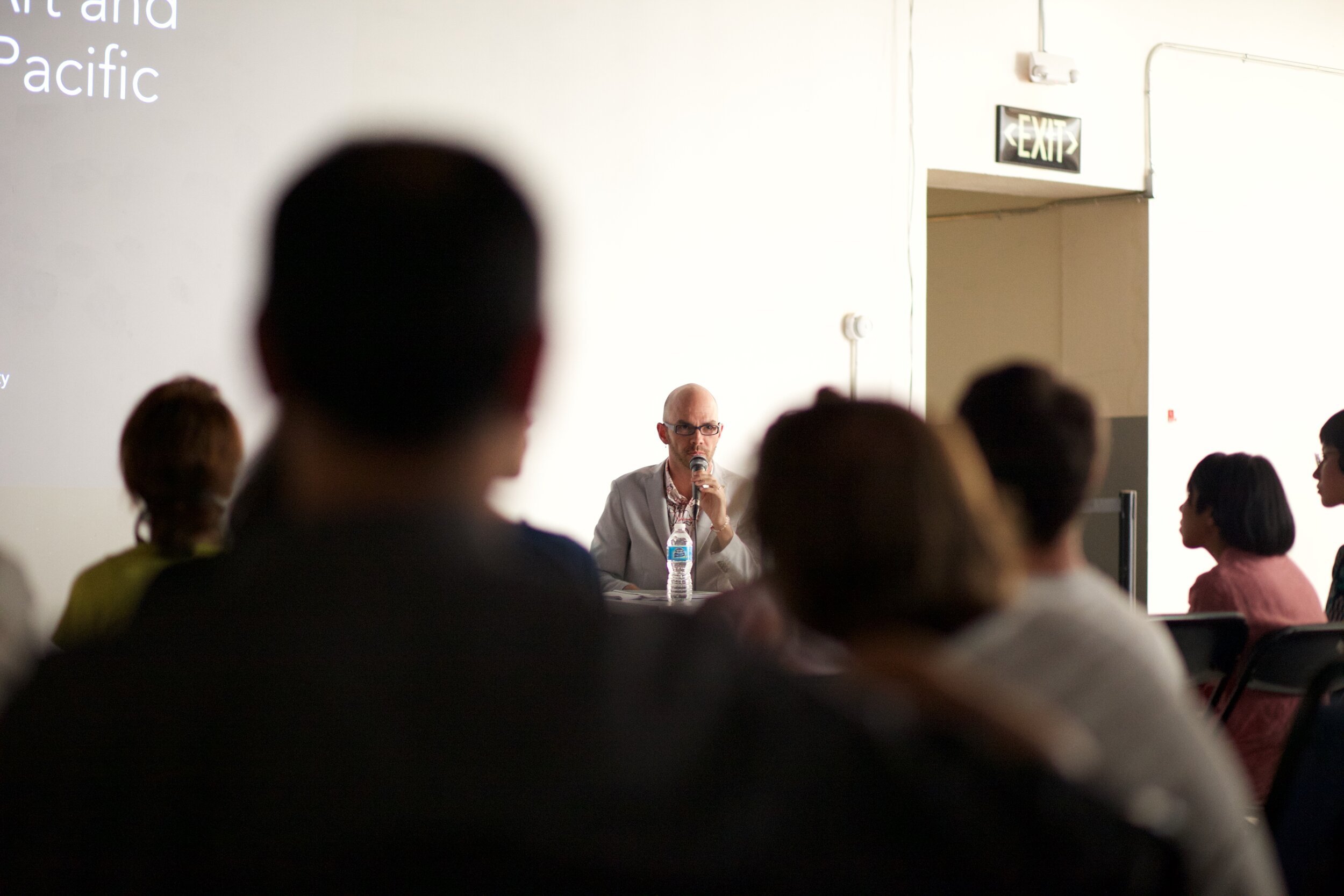

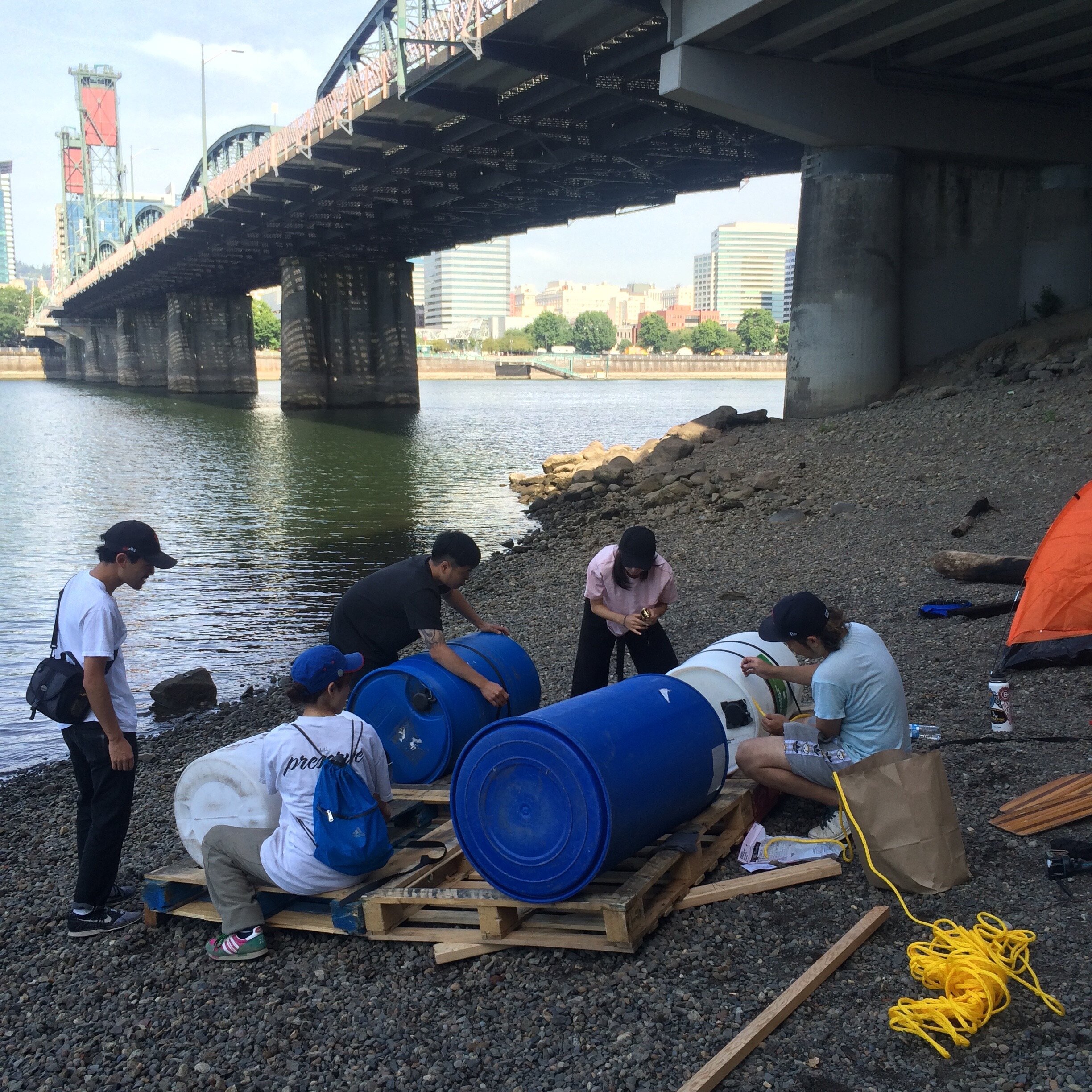


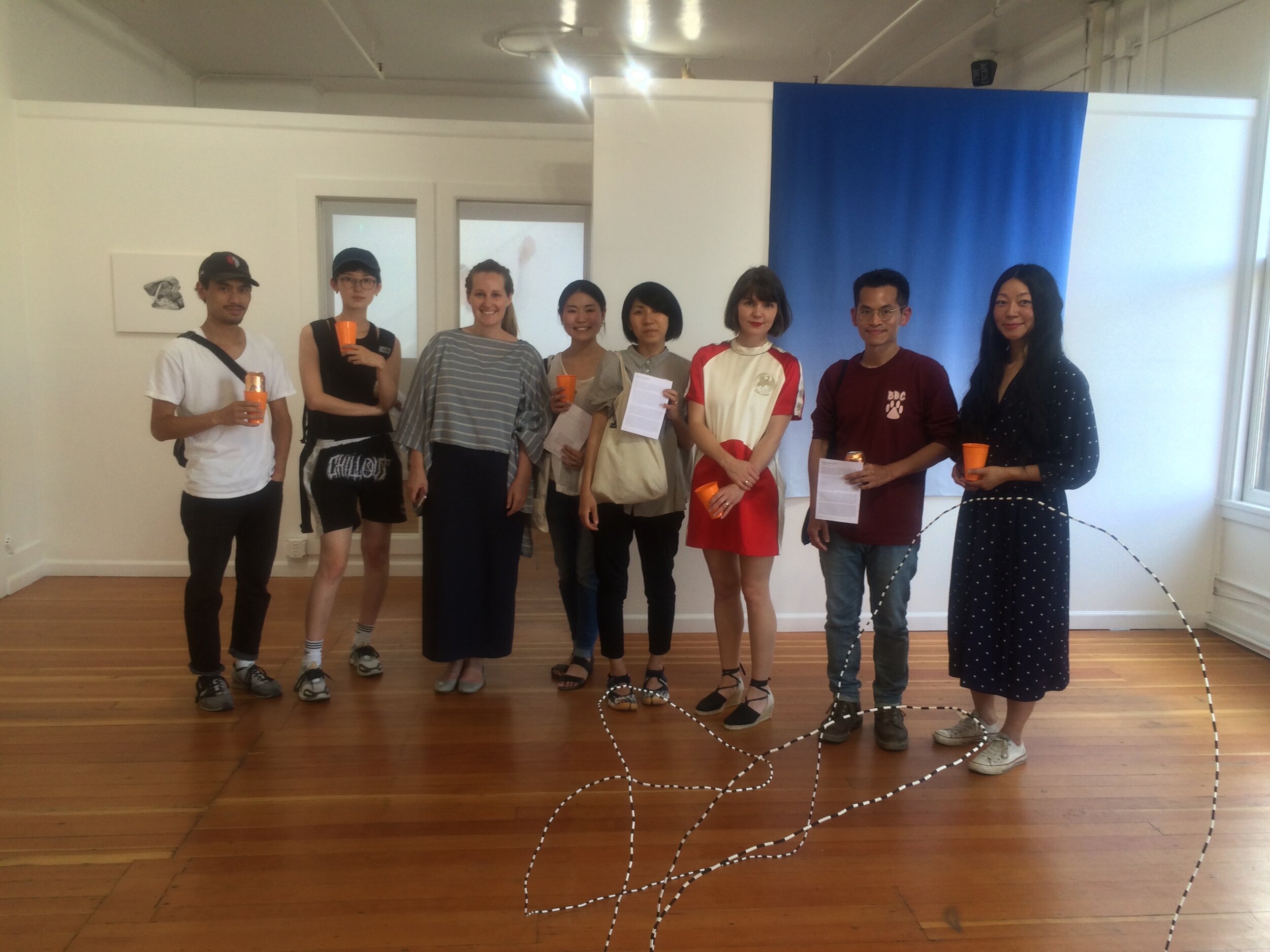
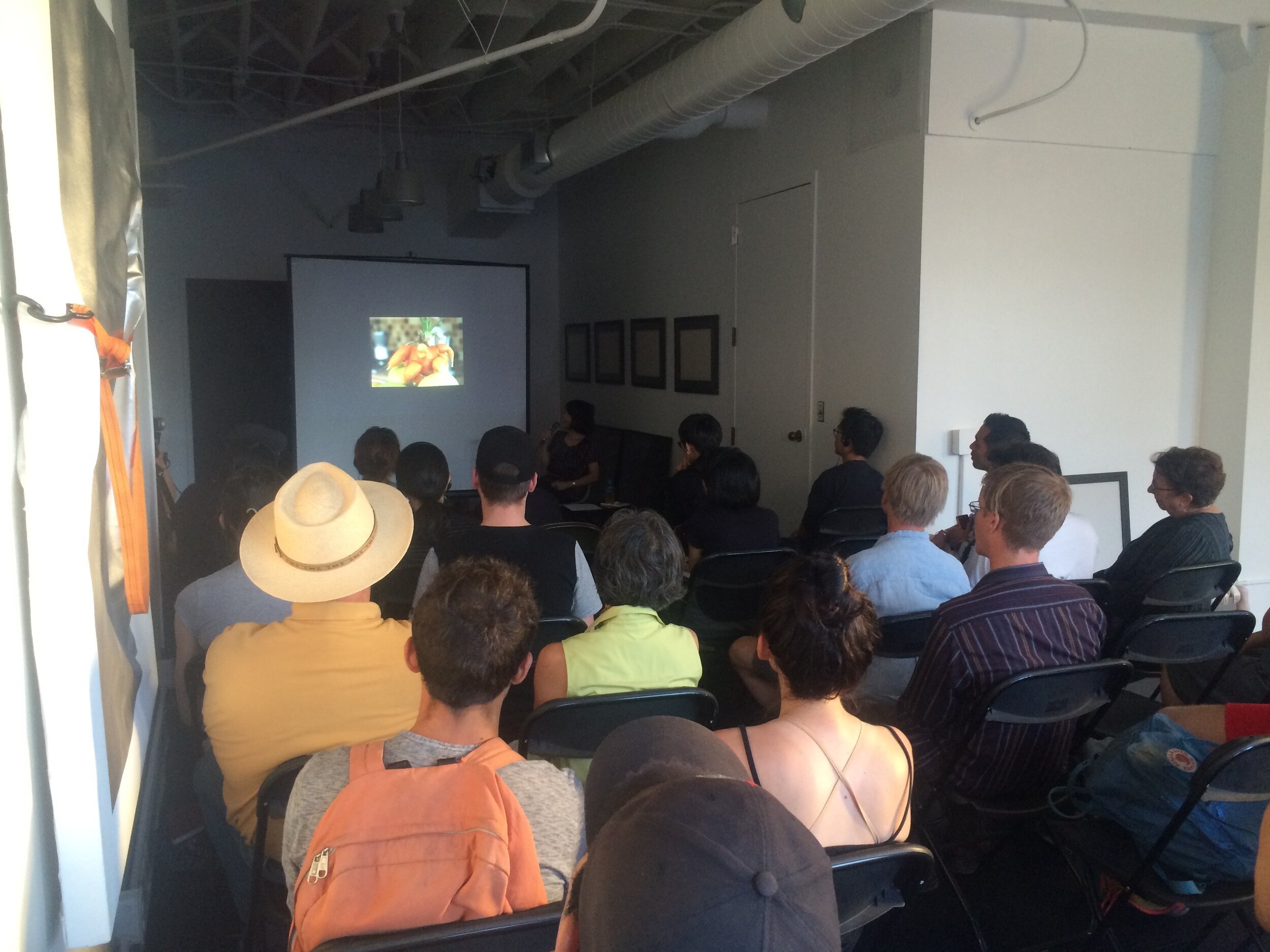
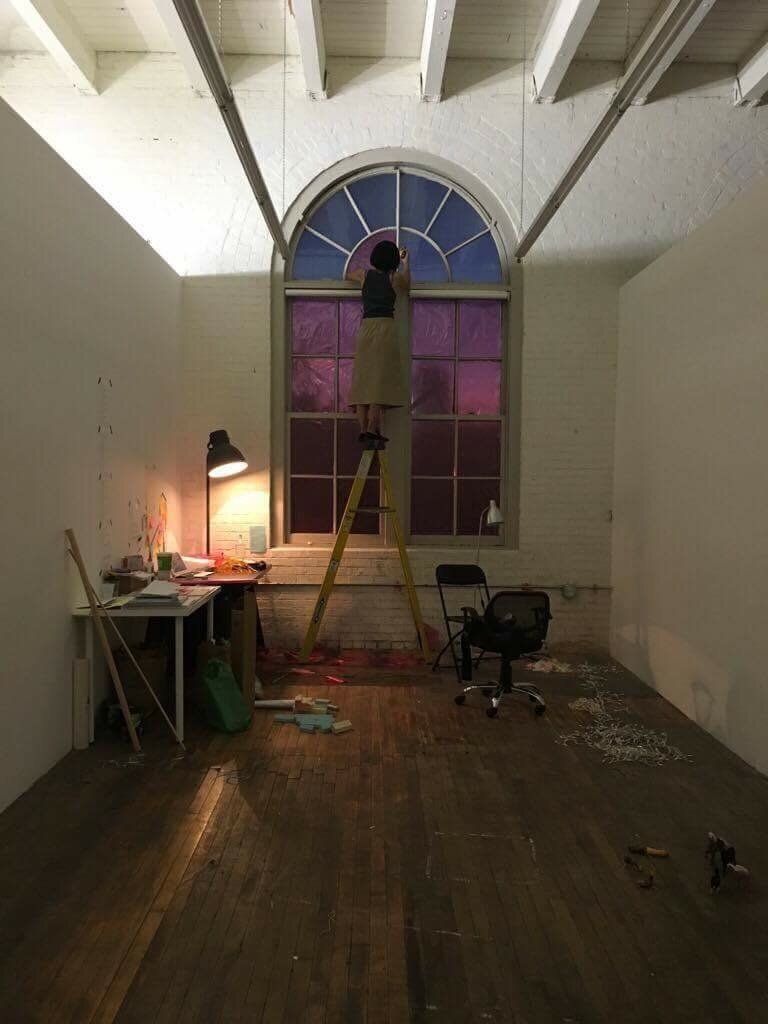
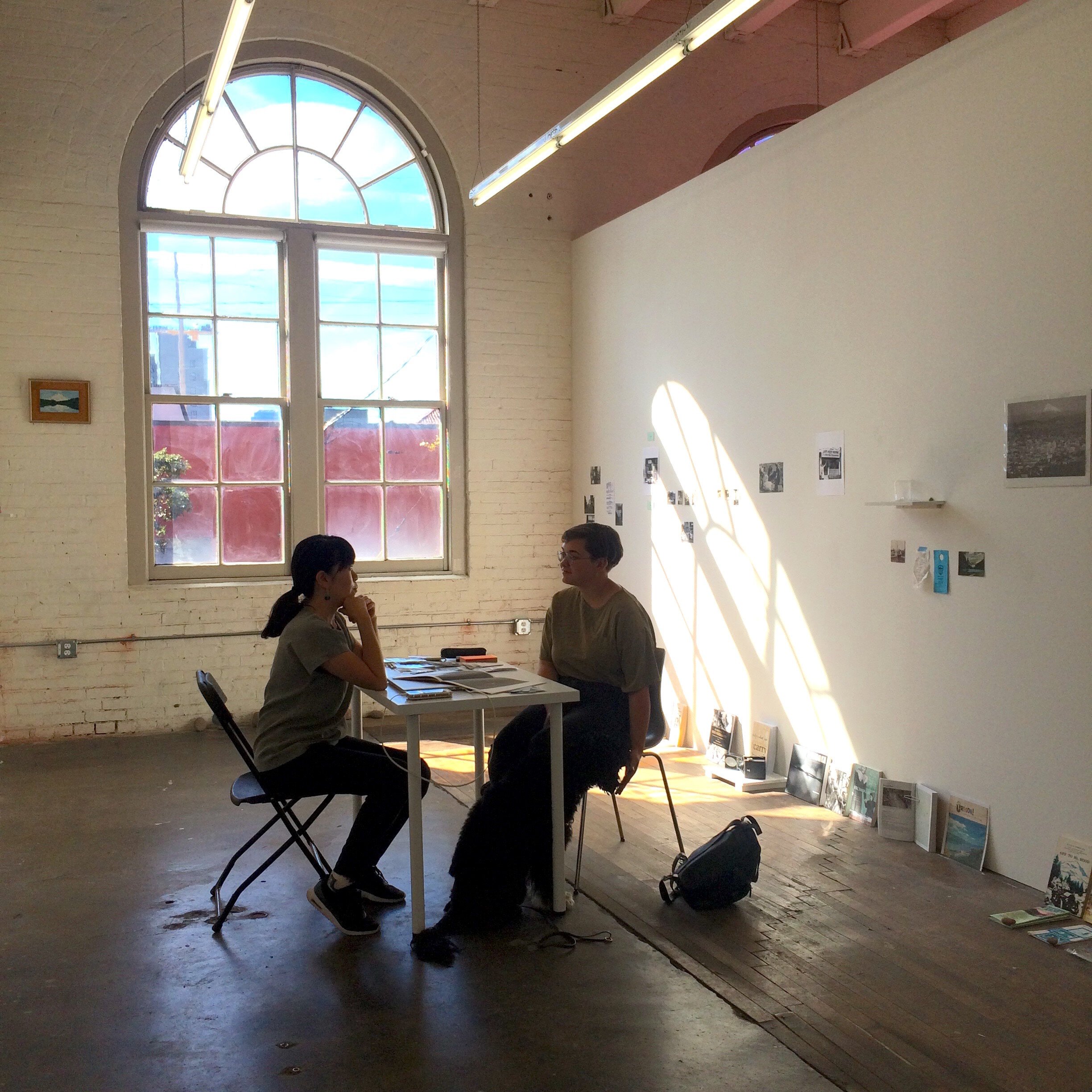


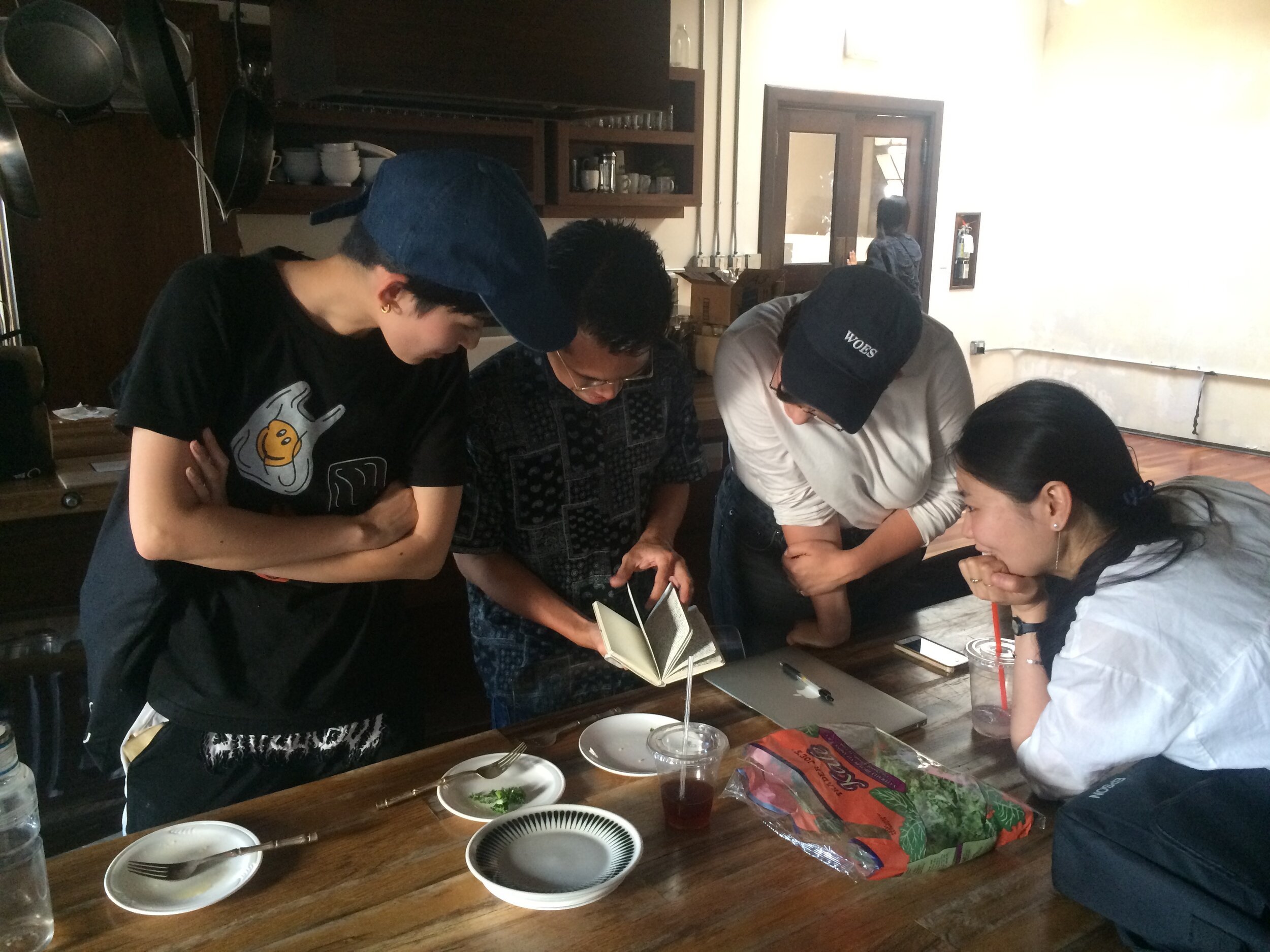
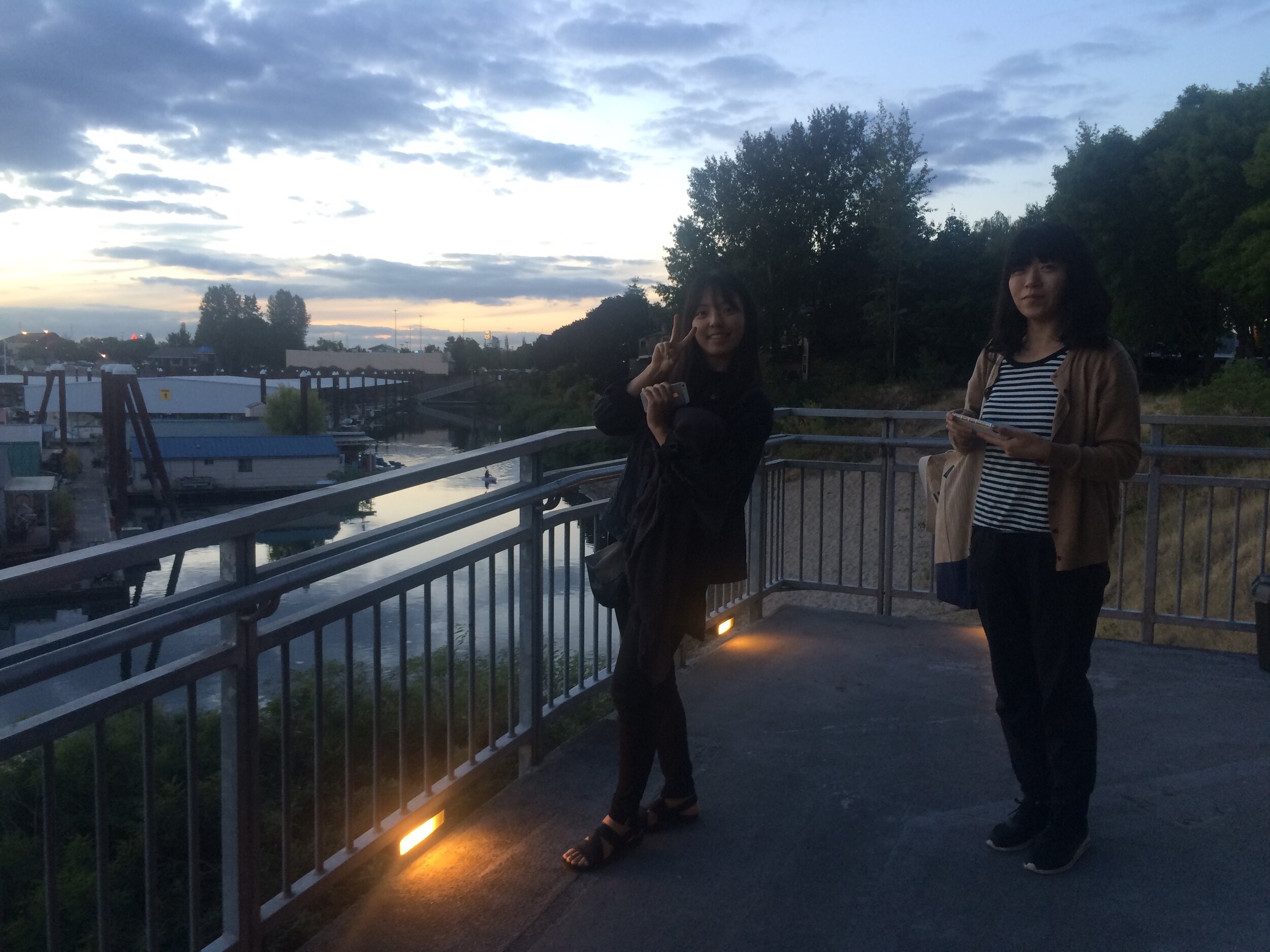
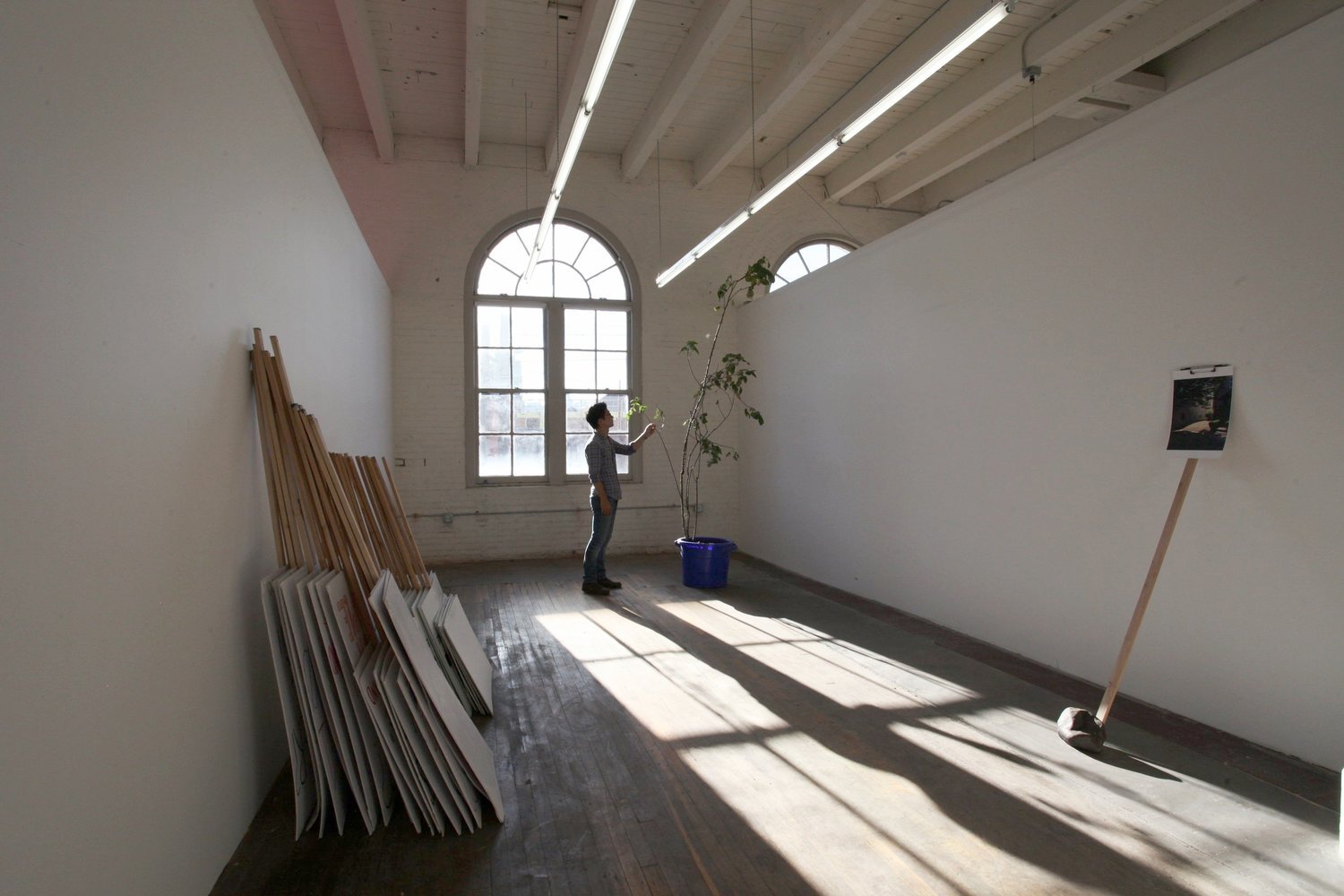

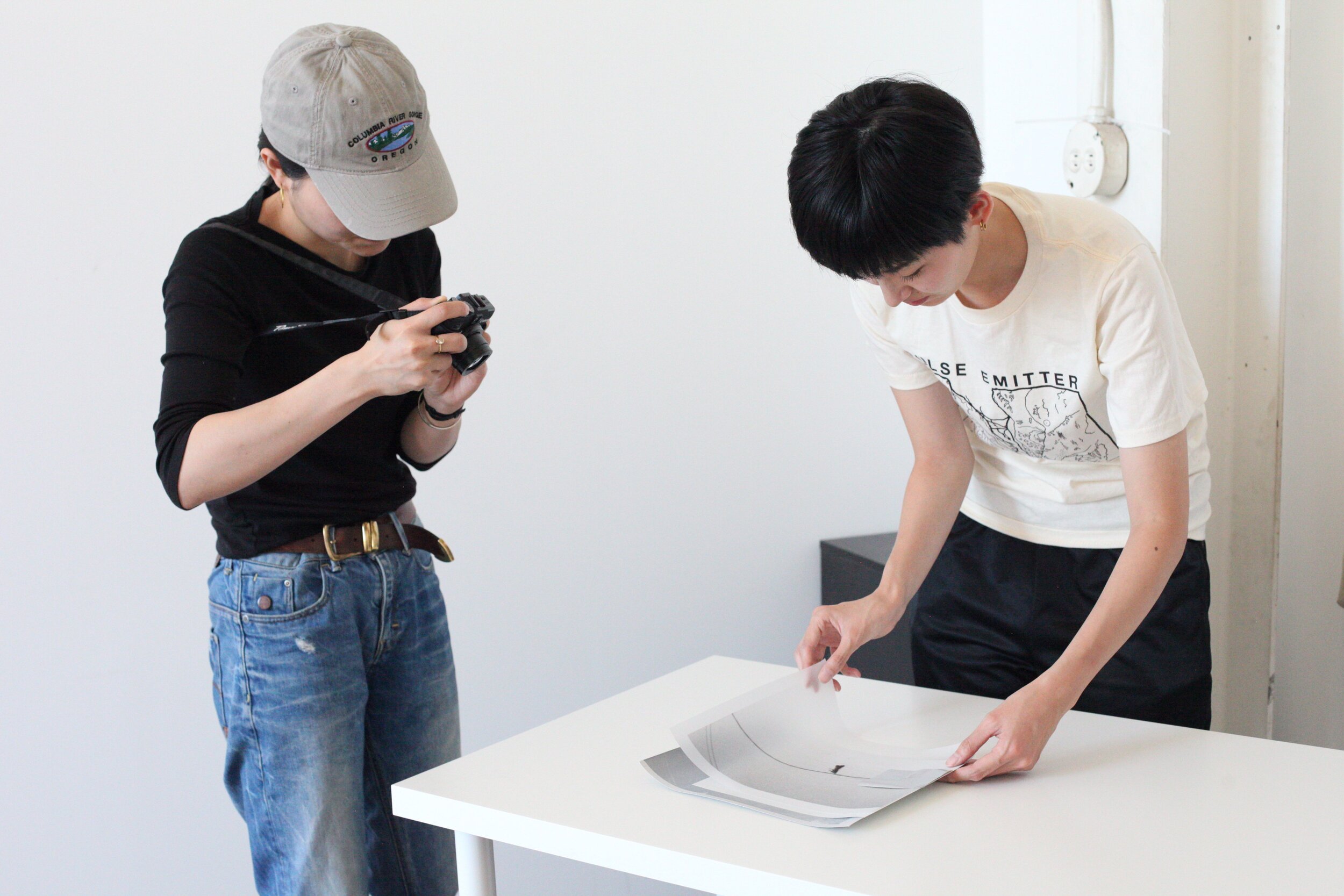
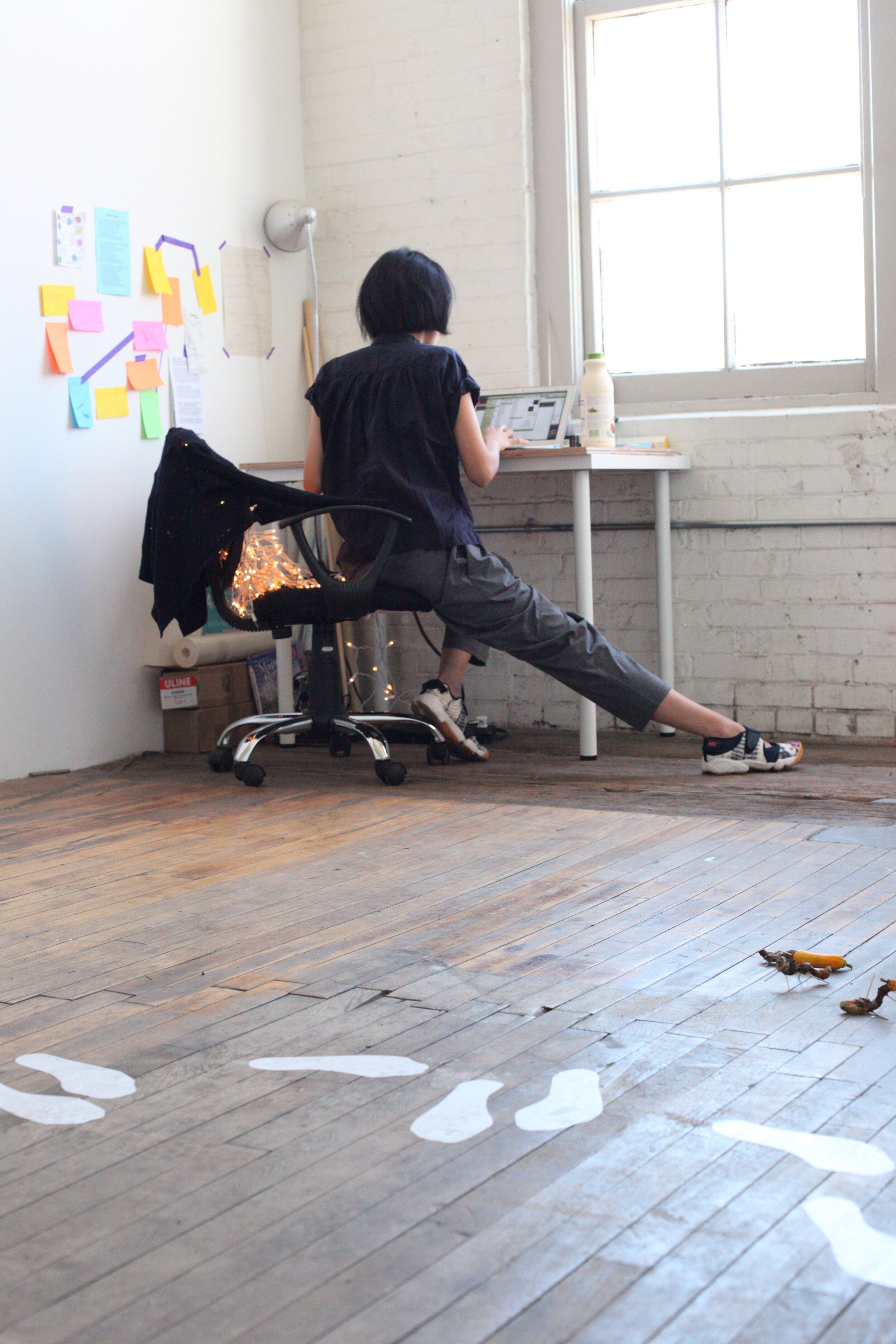
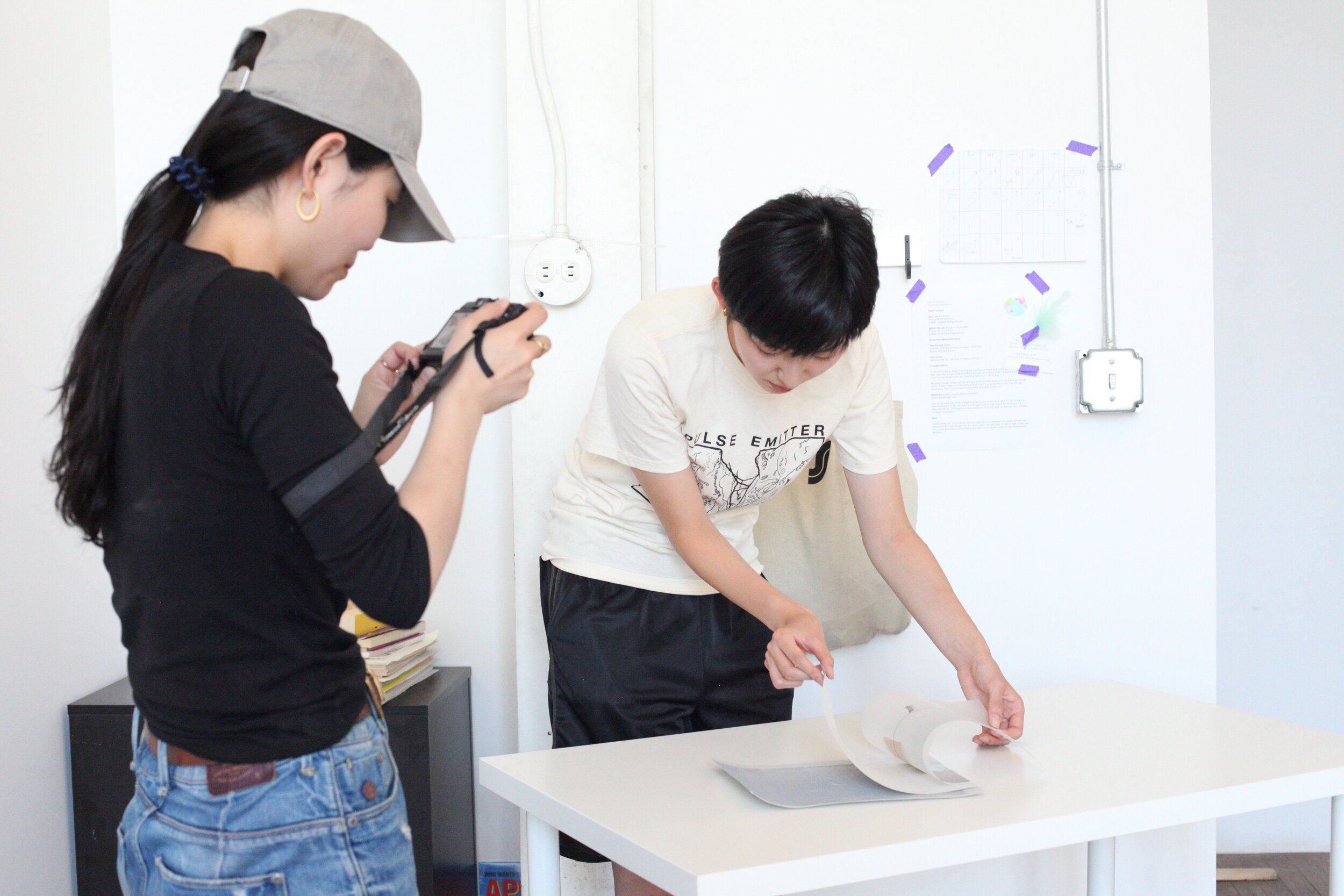
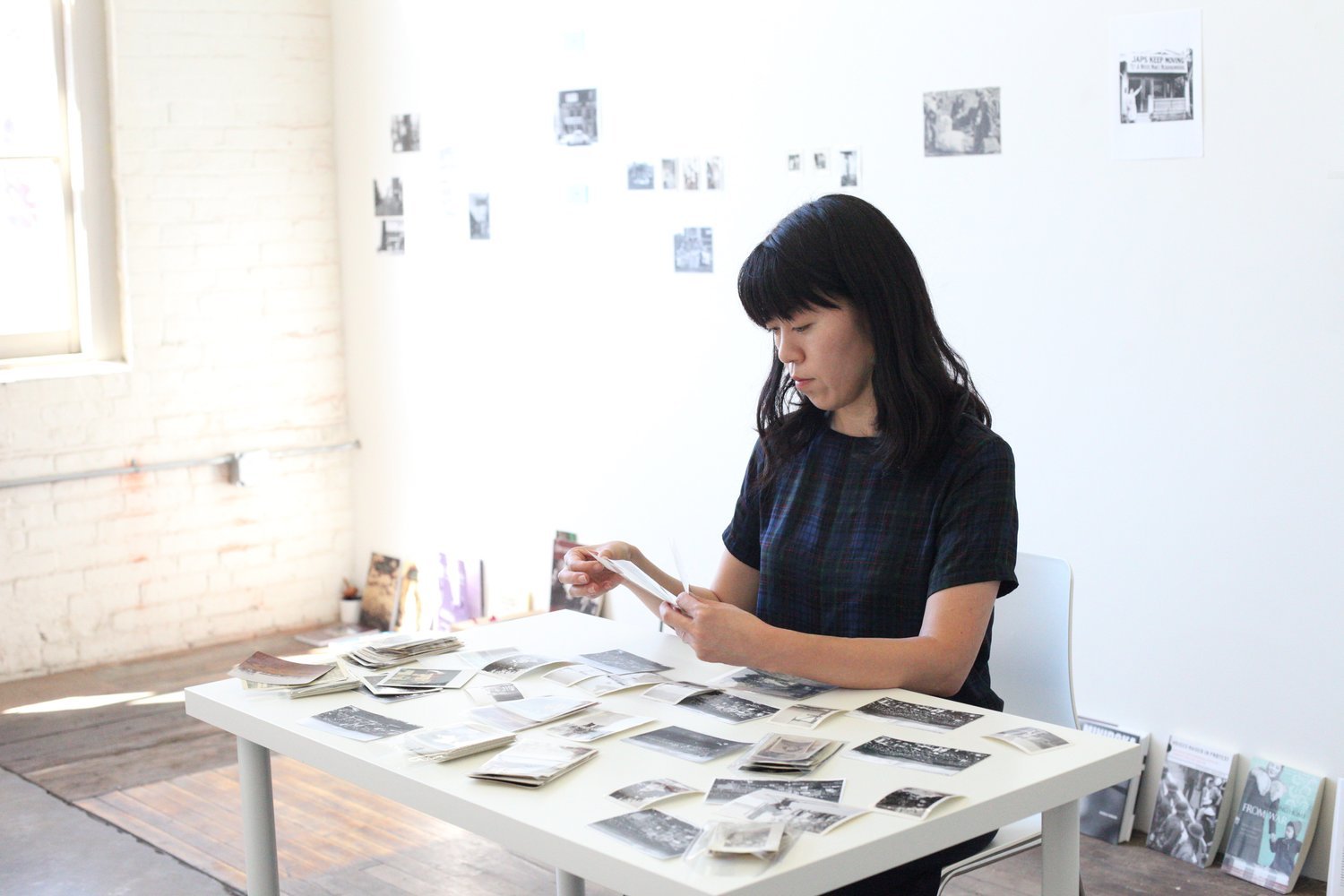
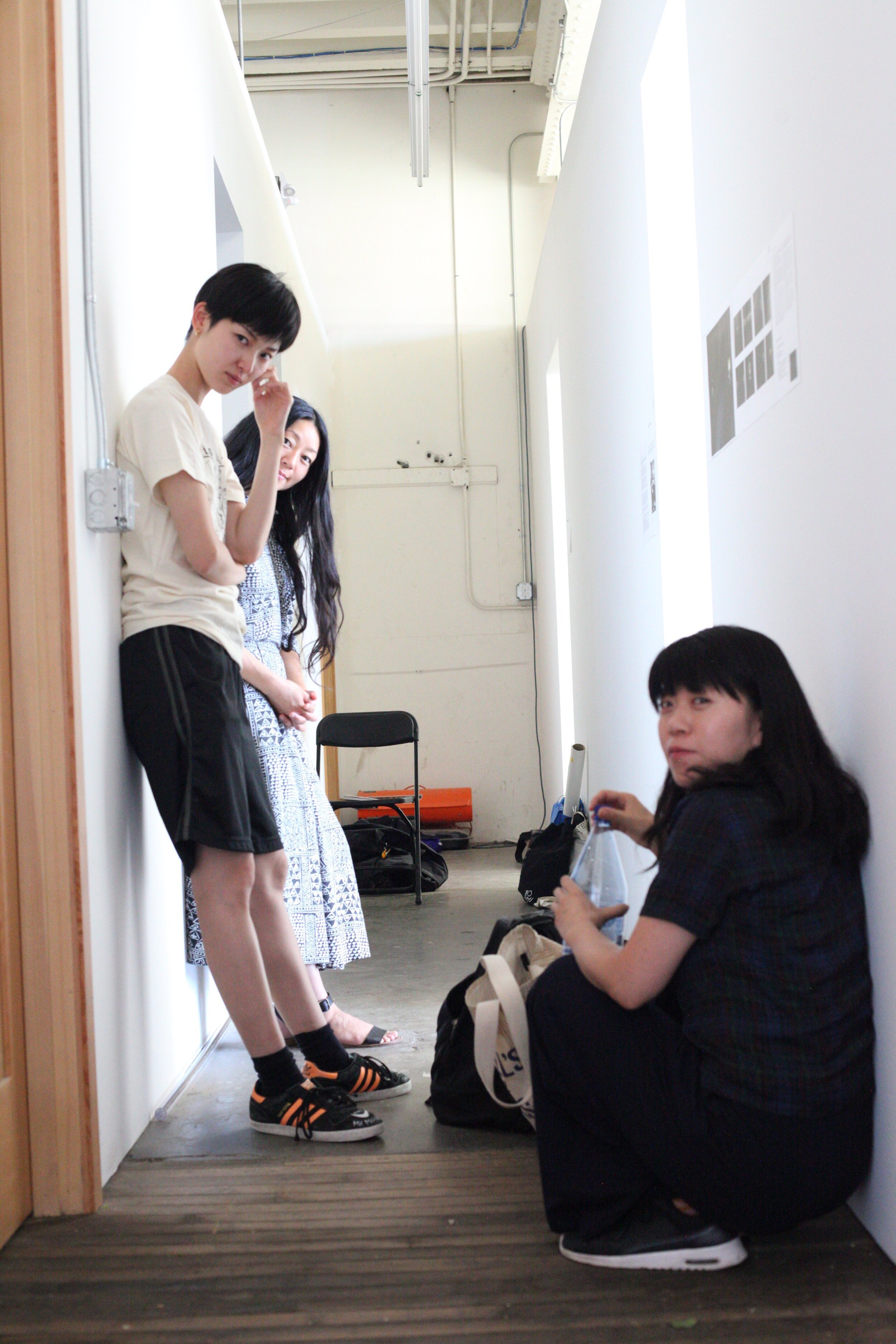
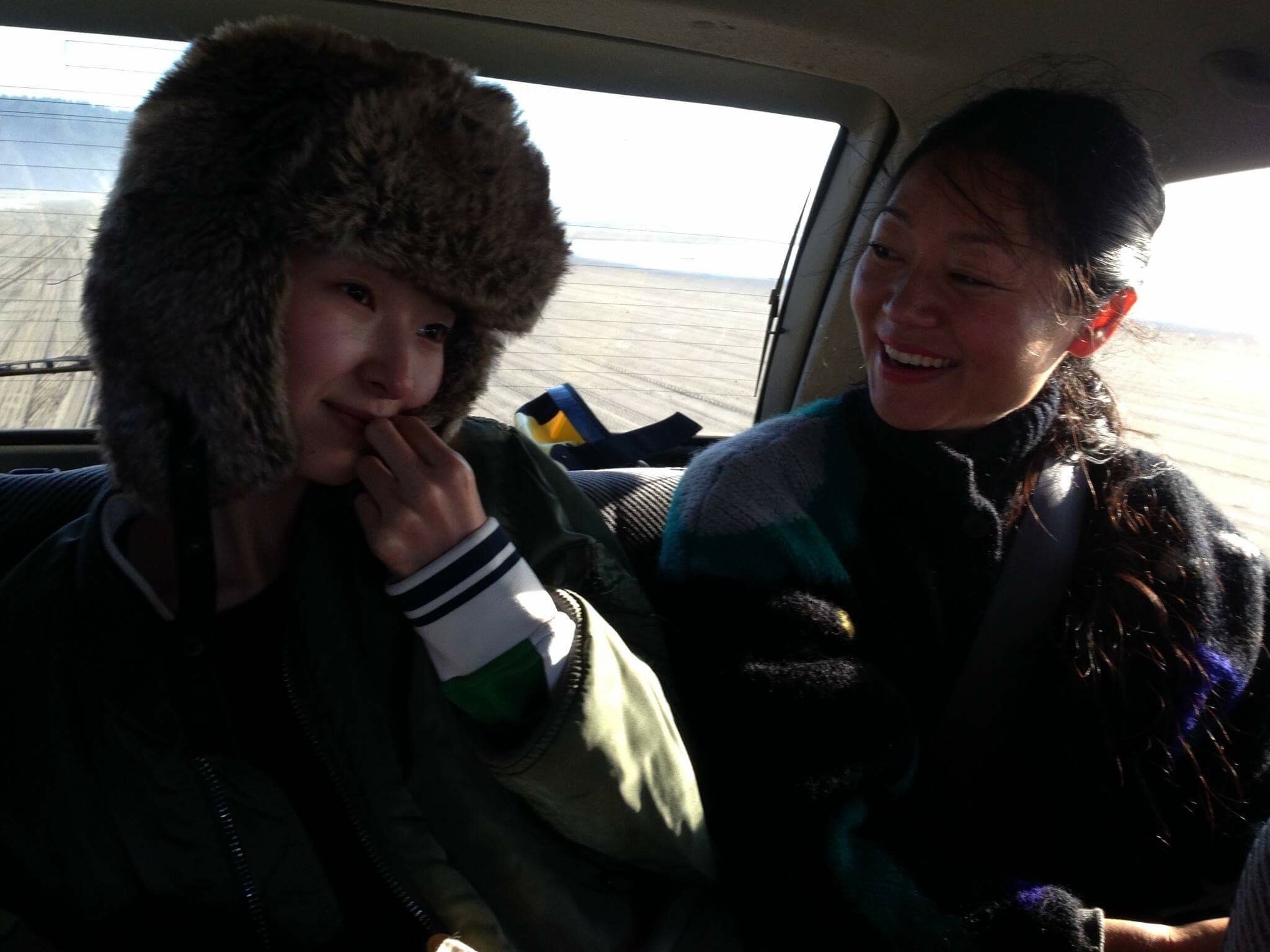

Artists in Residence
Guest
Lecturers
“End of Summer is in many ways a continued evolution of the basic impulse to share this place with others, and have an experience together in a fixed amount time.”
— Matt Jay
Guest Lecturer:
James Jack
James Jack is an artist concerned with rejuvenating stories that exist in the world. He has made socially engaged art works that reconnect people to the sea and land for Honolulu Museum of Art, Setouchi International Art Festival, Busan Biennale Sea Art Festival Echigo-Tsumari Triennale and the Mizunoki Museum. His works have been featured in gallery exhibitions held in New York City, Yokohama, Portland, Kyoto, Tokyo, Fukuoka, Beijing and Singapore. His writings have been published in Art Asia Pacific, The Japan Times, Shima and books published by Blum & Poe Gallery, Satoshi Koyama Gallery, Tokyo Arts Council, Centre for Contemporary Art Singapore and the Art & Society Research Center.
Event:
“Reclamation, Art and Crossing the Pacific”
August 4th 2016, 7pm
This lecture begins with selected points of historical interaction between Japan and the U.S. through the viewpoint of an artist. These points open spaces to reconsider relationships across the Pacific with a new sensitivity to intimate stories. These interactions can be entry points for dialogue, sites of contention, or bridges between people—making links between one place and another no longer apparent in contemporary society visible. For example, walks along the border between sea and land on both sides of the Pacific were held for the work Solvitur Ambulando (Honolulu Museum of Art School, 2012). For this work, intimate encounters between participants grew based on dialogue sustained between Tokyo and Portland. Borders of reclamation in the Tokyo Harbor as well as the pathways of rivers filled in with land in Portland provided the maps for walking. This project as well as other art works by James Jack will show the potential art practice has for expanded interactions between one place and another.
Guest Lecturer:
Yukie Kamiya
Yukie Kamiya joined the Japan Society as Director, Japan Society Gallery in November 2015. She is responsible for programming exhibitions and various visual art projects exploring Japanese art in a global context. Previously Kamiya was Chief Curator of Hiroshima MoCA from 2007 to 2015. She began her curatorial career in the United States at the New Museum, New York, serving as Adjunct and Associate Curator from 2003 to 2006. She has curated numerous exhibitions internationally, focused on art in Japan as well as widely in Asia including Cai Guo Qiang, Yoko Ono, Jiro Takamatsu and Do Ho Suh. She also served as guest curator for cultural institutions including the Japan Foundation and Goethe Institute and curated group exhibitions Discordant Harmony: Critical Reflection of Imagination of Asia (2015-2016), Re:Quest Japanese Contemporary Art since the 1970s (2013), Under Construction: New Dimension of Asian Art (2002-2003), which toured to East Asian cities; Beijing, Seoul, Taipei and Tokyo. Her writings have appeared in periodicals such as Art Asia Pacific, BT (Bijutsu Techo) and Asahi Newspaper, also in publications including Ravaged: Art and Culture in Times of Conflict (Mercatorfounds, 2014), California-Pacific Triennial (Orange County Museum, 2013), Creamier: Contemporary Art in Culture (Phaidon, 2010) and Taipei Biennial (Taipei Fine Art Museum, 2006). Kamiya has served on selection committees including for Cultural Affairs of the Japanese and Tokyo metropolitan governments, DAAD, Hermes Korea and the Rolex Mentor and Protégé International Program. Kamiya received the Academic Prize from the National Museum of Western Art, Tokyo for her curation of Simon Starling: Project for a Masquerade (Hiroshima) in 2011. Kamiya studied art history at Waseda University, Tokyo and completed the Curatorial Program at De Appel Art Center, Amsterdam.
Event:
“Why, Now, Here: Thinking About Time and Site-Specificity”
August 15th 2016, 7pm
Guest Lecturer:
Yuriko Saito
Born and raised in Japan, Yuriko Saito taught philosophy at Rhode Island School of Design from 1981–2018. In addition to introductory philosophy courses, she taught classes on ecological responsibility in art and design, Japanese aesthetics, everyday aesthetics and philosophy of nature. Her Everyday Aesthetics was published by Oxford University Press (2008, paperback edition 2010), followed by Aesthetics of the Familiar: Everyday Life and World-Making (Oxford University Press, 2017, paperback edition forthcoming). The latter was awarded the outstanding monograph prize by the American Society for Aesthetics. Her works in aesthetics also appear in numerous academic journals and anthologies. She has lectured widely in the US, as well as internationally, including in China, Finland, Hong Kong, Japan, the Netherlands and the United Kingdom. She serves as editor of Contemporary Aesthetics, the first online, open-access and peer-reviewed journal in aesthetics, editorial consultant for The British Journal of Aesthetics and editorial advisory board member for Environmental Ethics. She is a past recipient of RISD’s John R. Frazier Award for Excellence in Teaching.
Event:
“Everyday Aesthetics and its Consequences”
August 27th 2016, 7pm
Aesthetics is commonly regarded as the philosophy of art and beauty. Everyday aesthetics expands the scope of inquiry by addressing the aesthetic issues in our daily lives that have not been adequately captured by the art- and beauty-dominated aesthetic discourse. What may at first appear to be trivial and insignificant aesthetic tastes, preferences, and judgments in our everyday lives, upon closer examination, turn out to have serious consequences, whether moral, political, or environmental. Our everyday aesthetic responses and experiences have the power to affect, sometimes determine, the quality of life and state of the world, for better or worse. This presentation will give examples, taken from both the United States and Japan, to illustrate this power of everyday aesthetics and suggest ways in which such power can be harnessed toward a better world-making.